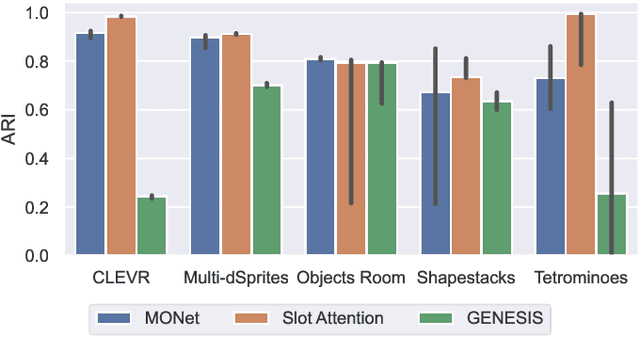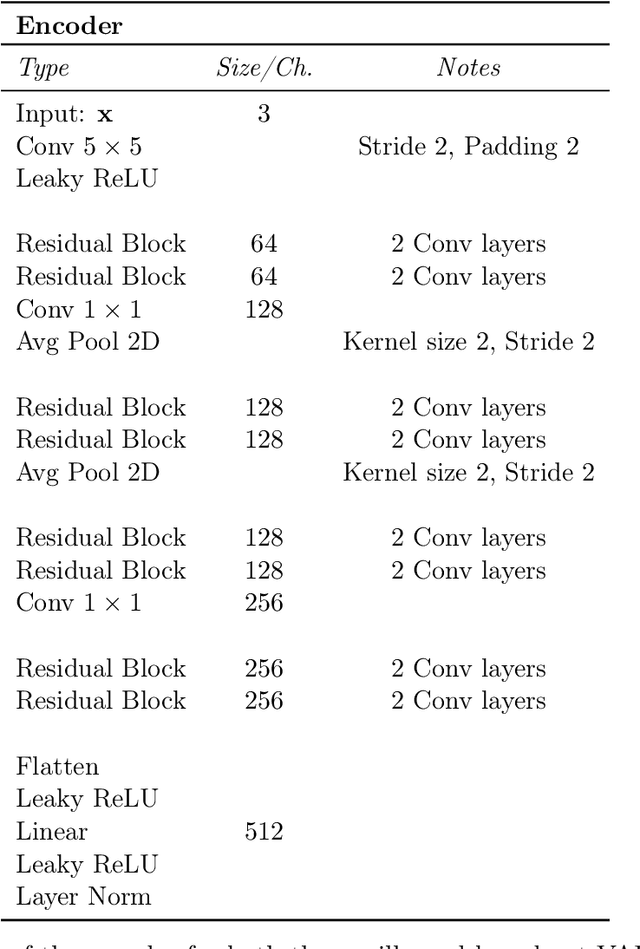Michele De Vita
Diffusion Model Guided Sampling with Pixel-Wise Aleatoric Uncertainty Estimation
Nov 29, 2024



Abstract:Despite the remarkable progress in generative modelling, current diffusion models lack a quantitative approach to assess image quality. To address this limitation, we propose to estimate the pixel-wise aleatoric uncertainty during the sampling phase of diffusion models and utilise the uncertainty to improve the sample generation quality. The uncertainty is computed as the variance of the denoising scores with a perturbation scheme that is specifically designed for diffusion models. We then show that the aleatoric uncertainty estimates are related to the second-order derivative of the diffusion noise distribution. We evaluate our uncertainty estimation algorithm and the uncertainty-guided sampling on the ImageNet and CIFAR-10 datasets. In our comparisons with the related work, we demonstrate promising results in filtering out low quality samples. Furthermore, we show that our guided approach leads to better sample generation in terms of FID scores.
Generalization and Robustness Implications in Object-Centric Learning
Jul 01, 2021



Abstract:The idea behind object-centric representation learning is that natural scenes can better be modeled as compositions of objects and their relations as opposed to distributed representations. This inductive bias can be injected into neural networks to potentially improve systematic generalization and learning efficiency of downstream tasks in scenes with multiple objects. In this paper, we train state-of-the-art unsupervised models on five common multi-object datasets and evaluate segmentation accuracy and downstream object property prediction. In addition, we study systematic generalization and robustness by investigating the settings where either single objects are out-of-distribution -- e.g., having unseen colors, textures, and shapes -- or global properties of the scene are altered -- e.g., by occlusions, cropping, or increasing the number of objects. From our experimental study, we find object-centric representations to be generally useful for downstream tasks and robust to shifts in the data distribution, especially if shifts affect single objects.
 Add to Chrome
Add to Chrome Add to Firefox
Add to Firefox Add to Edge
Add to Edge